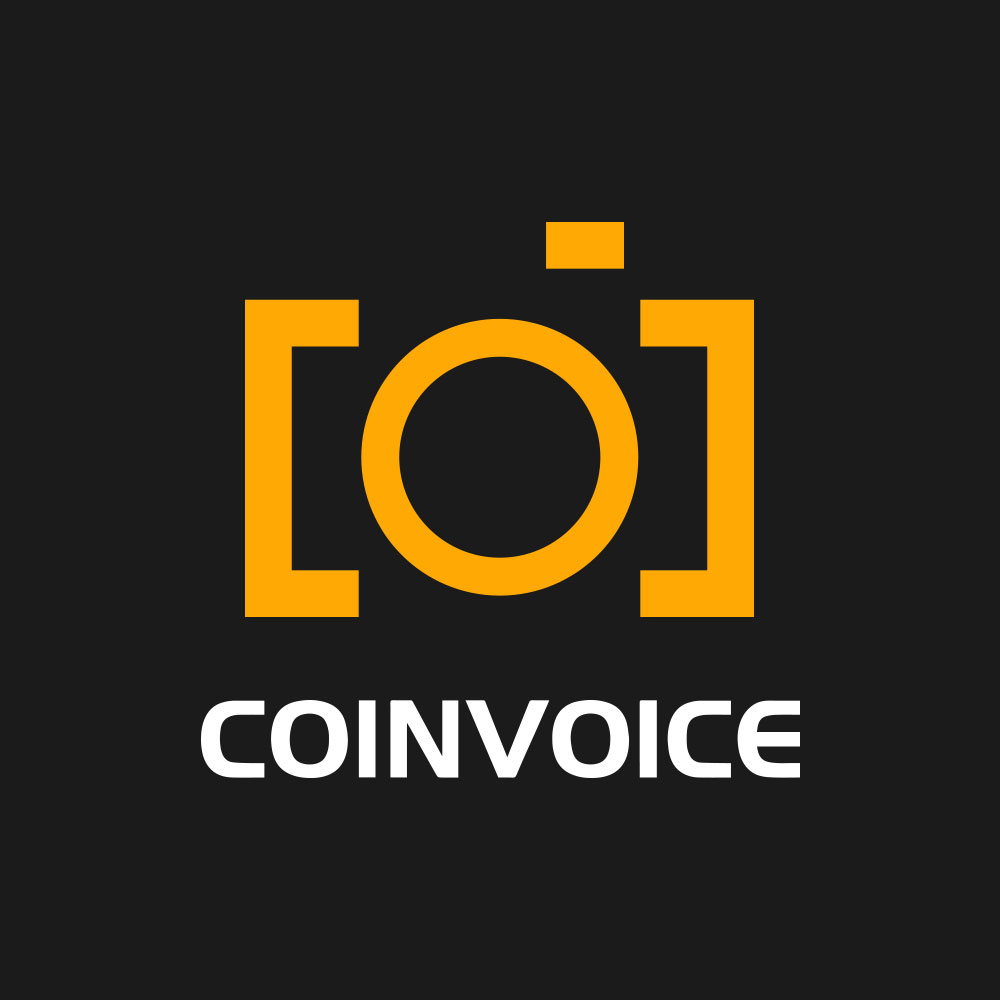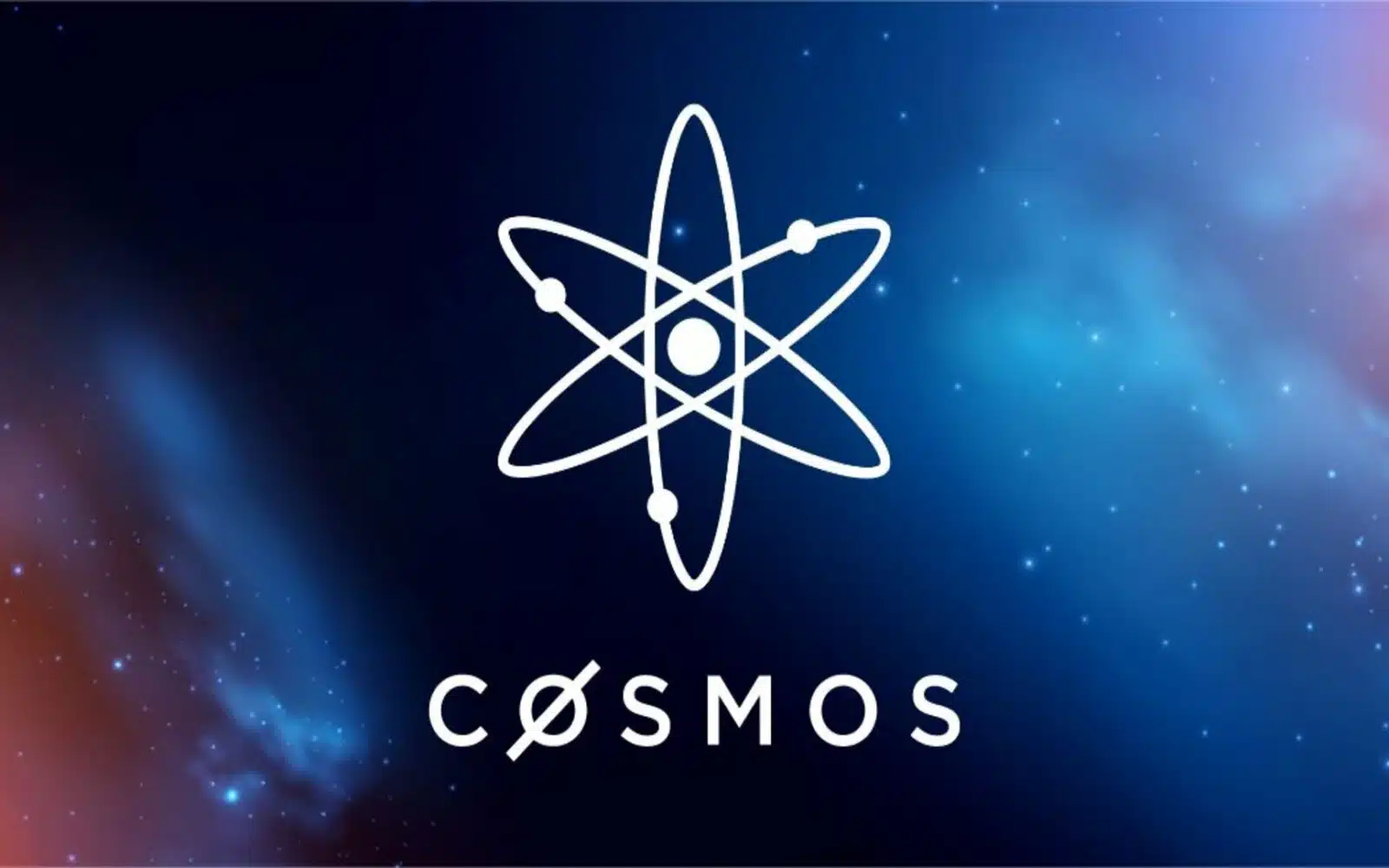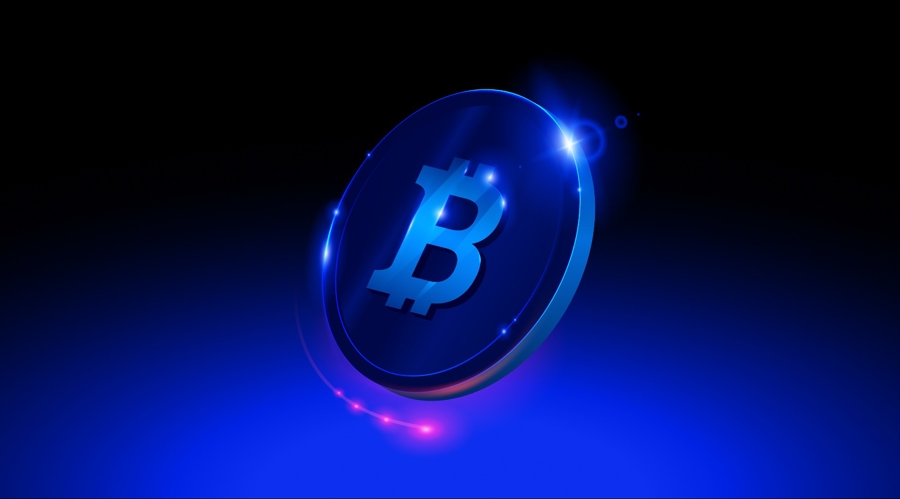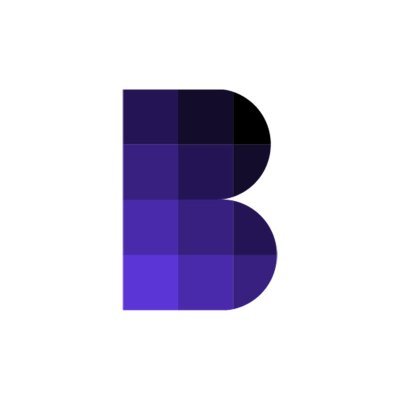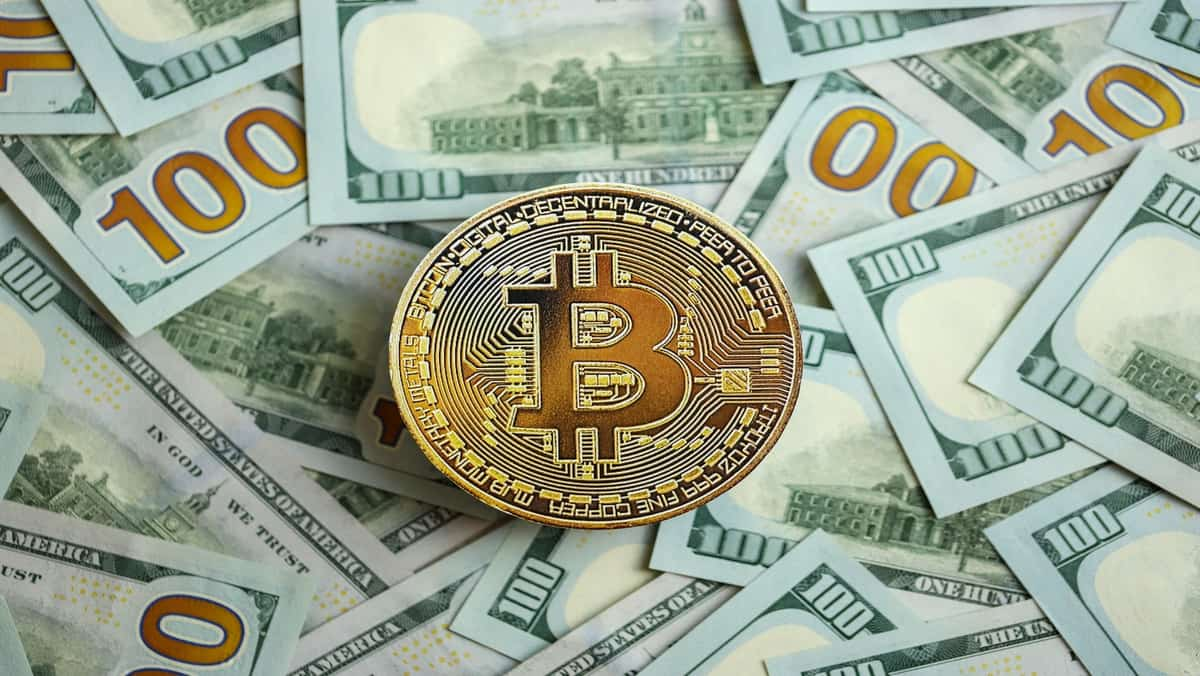Overview
DLC.Link is pioneering the future of decentralized finance (DeFi) by introducing a safer, self-wrapping bridge for Bitcoin (BTC) with our flagship product, dlcBTC. Unlike other wrapped or bridged Bitcoin solutions, dlcBTC upholds the self-sovereignty of depositors. DlcBTC implements “self-wrapping”, in which all payout addresses are predetermined and locked at the deposit stage. In the event of a security breach, the attackers cannot redirect or drain the BTC deposits. This makes dlcBTC a "theft-proof" self-custody protocol.
To explain our sales pipeline and product flow, let's compare the dlcBTC minting flow to a familiar product: Coca-Cola and its Coke Zero syrup.
The Product: Coke Zero vs. Classic Coke (dlcBTC vs. wBTC)
When invented in the early 1900s, Coca-Cola Classic was a revolutionary soft drink. However, popular use of the product helped contribute to a health epidemic. Regular consumption of soft drinks, in children and adults, led to increased rates of diabetes. In order to offer a better product, Coca-Cola Company created sugarfree versions of their initial product. Today, Coke Zero offers all of the taste benefits of Coke Classic, but with less risk (zero sugar).
Production: The Syrup (DLC.Link)
DLC.Link provides the underlying technology for dlcBTC, akin to Coca-Cola’s secret formula for Coke Zero. We have developed a protocol that enables the self-custodial wrapping of BTC, allowing merchants to lock their assets to mint a DeFi-compatible token (dlcBTC). Our closed-source source code enables this capability.
Wholesale Distributors: Bottling Companies (dlcBTC Merchants)
dlcBTC merchants, such as the Amber Group, act like bottling companies. They use our 'syrup' to 'bottle' or mint dlcBTC, to distribute within the network. These entities perform the necessary operations to issue dlcBTC on various trading platforms, making large-volume transactions possible through over-the-counter (OTC) trades. Merchants charge trading fees for this OTC service – typically in the neighborhood of 5-10 basis points.
Exchanges: Retailers (DEXes/CEXes)
Once dlcBTC is minted, liquidity providers make it available on various retail venues, including centralized exchanges (CEXes) like Binance and decentralized exchanges (DEXes) such as Curve. These platforms are comparable to large retail chains and small mom-and-pop grocery stores, respectively, where the product becomes accessible to end users.
Both individuals and small businesses can buy smaller amounts by visiting a retailer directly. For larger orders, a business would work through a distributor via OTC trade.
Liquidity Provision: The Suppliers (Liquidity Providers)
Liquidity providers are similar to ingredient suppliers for Coke Zero. In our ecosystem, they supply the liquidity necessary for the smooth operation of dlcBTC markets, ensuring enough dlcBTC for trading and other financial activities.
End Users: The Customers (Institutional and Retail Users)
The end users of dlcBTC include individual retail customers and larger institutional clients. These users can purchase or trade dlcBTC on the platforms above. End-users cannot mint dlcBTC directly, similar to how individuals cannot buy syrup from Coca Cola Company to make their own Coke. However, similar to Coca-Cola Company, DLC.Link creates demand for end users through brand marketing and co-marketing promotions. In our marketing, we emphasize the unique benefits of dlcBTC over traditional wrapped Bitcoin options. Our marketing strategies are designed to build trust and educate potential users about the advantages of dlcBTC, emphasizing security, self-custody, and ease of use.
Conclusion
DLC.Link operates a multifaceted sales pipeline that resembles the comprehensive supply chain of a product like Coke Zero, coupled with marketing to differentiate its sugar-free benefits from Coke Classic. Each value chain participant plays a vital role in delivering a secure, innovative financial product to the market from production to retail. By leveraging this structured approach, DLC.Link is set to revolutionize BTC use in DeFi, providing users with a safer, more transparent alternative to traditional wrapped Bitcoin products.



